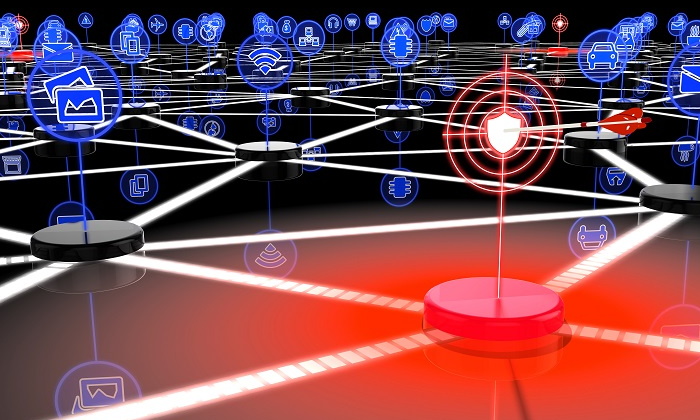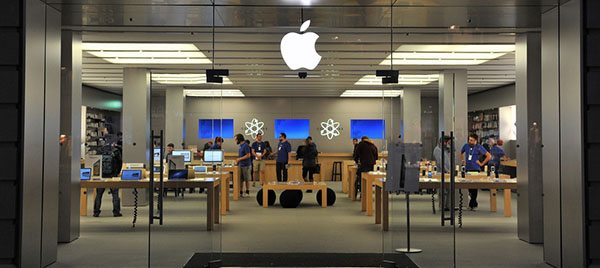Security News > 2020 > September

Trustwave announced the Trustwave Fusion platform is now also hosted on Amazon Web Services GovCloud, providing U.S. government agencies and suppliers threat detection and response services to help address the constantly shifting threat landscape while meeting stringent U.S. Federal government security requirements. The cloud-native Trustwave Fusion platform delivers the first U.S.-only managed threat detection and response services hosted on AWS GovCloud and is in the process of FedRAMP authorization.

The US Department of the Interior spectacularly failed its latest computer security assessment, mostly for a lack of Wi-Fi defenses. The infosec experts also noted other security shortfalls, such as a lack of network segmentation that would allow intruders to casually move between systems, incomplete inventory records of wireless networks, and a reliance on pre-shared keys that could be exploited by miscreants to eavesdrop on network traffic.

JupiterOne announced $19 million in venture funding to help companies automate asset discovery, visibility and compliance as a critical foundation for cyber security. JupiterOne closes an important gap for CISOs, security operations, and compliance officers by providing automated, accurate and actionable visibility to their global asset inventory.

One of the alleged hackers was first profiled here in 2012 as the owner of a Chinese antivirus firm. Security firm FireEye dubbed that hacking blitz "One of the broadest campaigns by a Chinese cyber espionage actor we have observed in recent years."

The Mozi botnet, a peer-2-peer malware known previously for taking over Netgear, D-Link and Huawei routers, has swollen in size to account for 90 percent of observed traffic flowing to and from all internet of things devices, according to researchers. IBM X-Force noticed Mozi's spike within it's telemetry, amid a huge increase in overall IoT botnet activity.

Apple has updated its iOS and iPadOS operating systems, which addressed a wide range of flaws in its iPhone, iPad and iPod devices. In total, Apple addressed 11 bugs in products and components, including AppleAVD, Apple Keyboard, WebKit and Siri.

The phrase "Assume breach" has been transformational to enterprise security investment and defensive strategy for a few years but may now be close to retirement. Sizable investments in enterprisewide visibility should have reversed the much older adage "a defender needs to be right all the time, while the attacker needs to be right only once" into something like "An attacker needs to be invisible all the time, while the defender needs them to slip up only once." Unfortunately, security operations and threat-hunting teams have found that instead of automatically spotting needles in a haystack, they must now manage haystacks of needles-if they're properly equipped.

The U.S. Department of Justice on Thursday announced charges against three Iranian nationals believed to have stolen information related to the United States' aerospace and satellite technologies. Authorities say the hackers used social engineering to trick people working in the aerospace and satellite sectors to hand over information that they could later use to create fake email accounts and domains.

Gartner defines "Effective CISOs" as those who scored in the top one-third of the CISO effectiveness measure. "As the push to digital deepens, CISOs are responsible for supporting a rapidly evolving set of information risk decisions, while also facing greater oversight from regulators, executive teams and boards of directors. These challenges are further compounded by the pressure that COVID-19 has put on the information security function to be more agile and flexible."

Hardware video encoders from multiple suppliers contain several critical security bugs that allow a remote unauthenticated miscreant to run arbitrary code on the equipment. Huawei insists the vulnerabilities were not introduced by its HiSilicon chips nor the SDK code it provides to manufacturers that use its components.